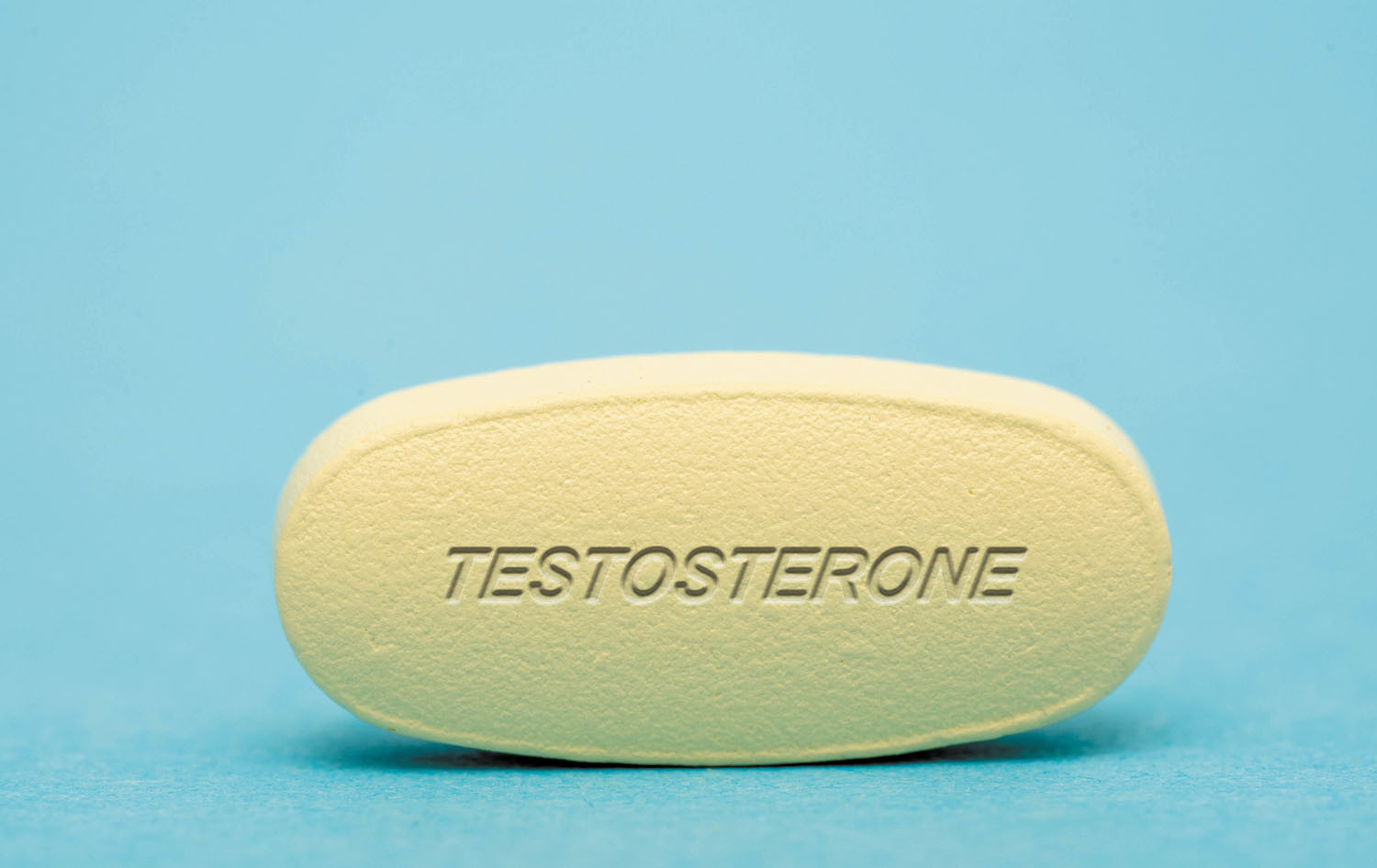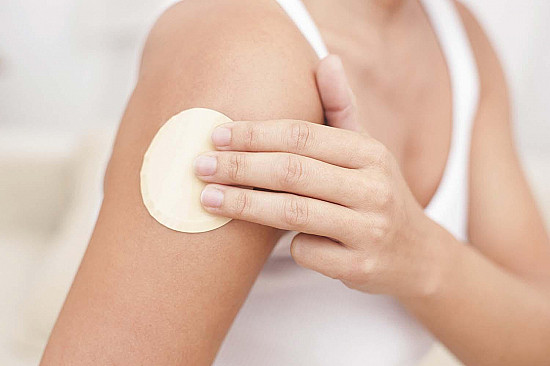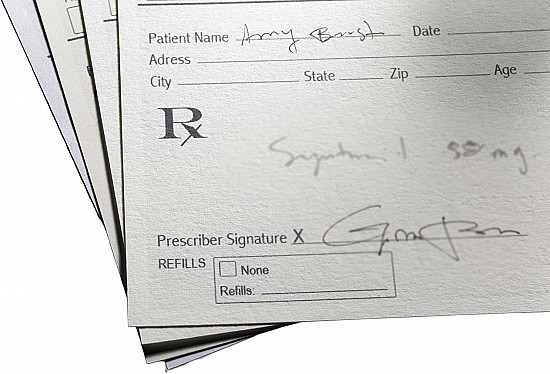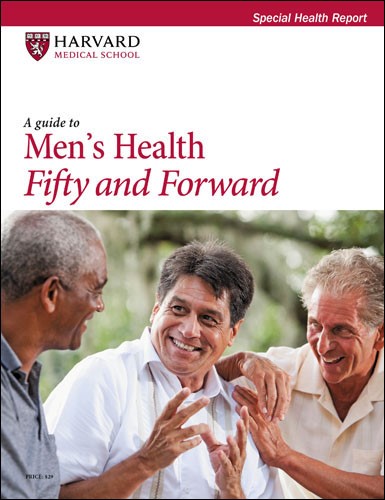Do you need testosterone therapy?
Learn what it can and can't do.
- Reviewed by Howard E. LeWine, MD, Chief Medical Editor, Harvard Health Publishing; Editorial Advisory Board Member, Harvard Health Publishing

You may have seen advertisements and various celebrity endorsements touting the wonders of testosterone replacement therapy (TRT). They claim that raising testosterone levels makes men feel younger and stronger, and boosts their sex life.
All that sounds wonderful, but is TRT really a potent anti-aging elixir? As with many miracle claims, don't believe the hype.
"For some older men, raising low testosterone levels can improve some aspects of their physical and mental well-being," says Dr. Michael O'Leary, a urologist at Harvard-affiliated Brigham and Women's Hospital. "But TRT won't suddenly turn back the clock."
Lowdown on low T
Testosterone is the sex hormone that gives men their manly qualities. Produced by the testicles, it helps to form traditional characteristics like a deep voice, facial hair, and muscle size and strength. It also fuels a man's libido.
Doctors define a normal blood level of testosterone as 300 nanograms per deciliter (ng/dL) and higher. According to the American College of Physicians, a man's testosterone level declines about 1.6% per year beginning in his mid-30s. About 20% of men ages 60 and older have low testosterone levels; that proportion rises to 30% for men in their 70s, and 50% for men in their 80s.
In addition to natural age-related decline, a significant drop in testosterone might also stem from medications (especially anabolic steroids) or damage to the testes, such as from an injury, an infection, radiation treatment, or chemotherapy.
Getting an accurate reading might require several blood tests, as your testosterone level fluctuates during the day. Tests are often done between 7 a.m. and 10 a.m., when testosterone is at its peak. Low levels can cause any of the following symptoms and conditions:
- depression
- reduced self-confidence
- difficulty concentrating
- disturbed sleep
- declining muscle and bone mass
- increased body fat
- fatigue
- swollen or tender breasts
- flushing or hot flashes
- lower sex drive
- fewer spontaneous erections
- difficulty sustaining erections.
Dr. O'Leary says your doctor might recommend TRT if your levels drop below 300 ng/dL, but it's not automatic. "The first step is to determine if any symptoms attributed to low testosterone are related to something else that's treatable."
For example, symptoms like fatigue, trouble concentrating, and low sex drive could be caused by a poor diet, lack of exercise, and insufficient sleep. Stress, anxiety, and depression can be side effects of erectile dysfunction. "Raising low testosterone levels alone won't fix these problems," says Dr. O'Leary.
Trying TRT
If troublesome symptoms and low testosterone remain after these paths are explored, your doctor then may prescribe short-term TRT. TRT is usually given as a daily gel, cream, or patch applied to the skin (usually on the shoulder or thigh, which are easy to reach). TRT also can be taken as daily oral medication or weekly or biweekly injections. Another option is pellets implanted into the buttocks that slowly release testosterone over several weeks. "There is no advantage over the different applications," says Dr. O'Leary. "But injections may produce a faster change."
After you've been on TRT for about two months, your doctor will evaluate your symptoms. If there's no noticeable improvement, the dosage may be increased, continued at its current amount for a bit longer, or stopped.
"Keep in mind that TRT may not work for everyone or may have only a minimal effect," says Dr. O'Leary. Another aspect to consider is that if you have a good response, you may need to stay on TRT indefinitely to maintain the benefit, as your body stops making its own testosterone while you're on the therapy.
TRT can have short-term side effects, such as acne, disturbed breathing while sleeping, breast swelling or tenderness, or swollen ankles. "But for most men who qualify for treatment, the benefits of TRT usually outweigh these potential risks," says Dr. O'Leary.
Still, there are concerns about the long-term use of TRT. Scientists continue to explore whether TRT may stimulate the growth of prostate cancer cells. And some research has suggested it may increase the risk of heart attacks, strokes, and death from heart disease.
A more definitive answer in this area may come from the recently completed TRAVERSE trial, which looked at the link between TRT and serious cardiovascular problems among more than 5,000 men over five years.
The results are forthcoming. For now, though, the evidence remains mixed regarding these possible dangers, so the safest choice for men at risk of heart disease or who have been diagnosed with prostate cancer is to avoid TRT.
Image: © Science Photo Library/Getty Images
About the Author

Matthew Solan, Executive Editor, Harvard Men's Health Watch
About the Reviewer

Howard E. LeWine, MD, Chief Medical Editor, Harvard Health Publishing; Editorial Advisory Board Member, Harvard Health Publishing
Disclaimer:
As a service to our readers, Harvard Health Publishing provides access to our library of archived content. Please note the date of last review or update on all articles.
No content on this site, regardless of date, should ever be used as a substitute for direct medical advice from your doctor or other qualified clinician.
















